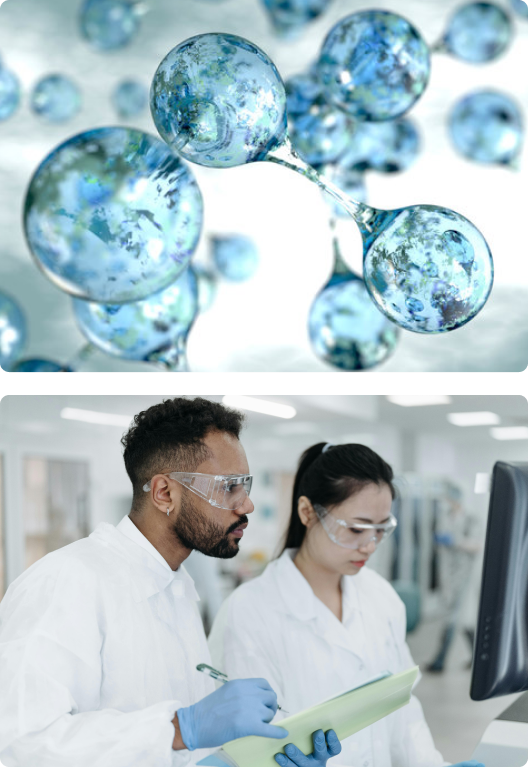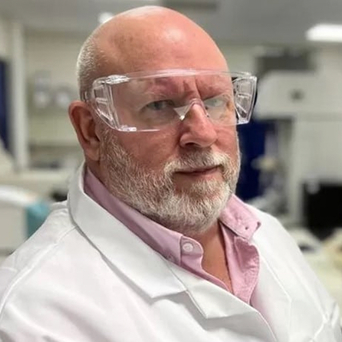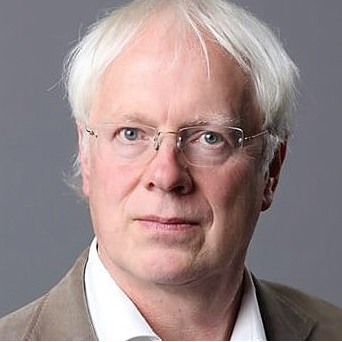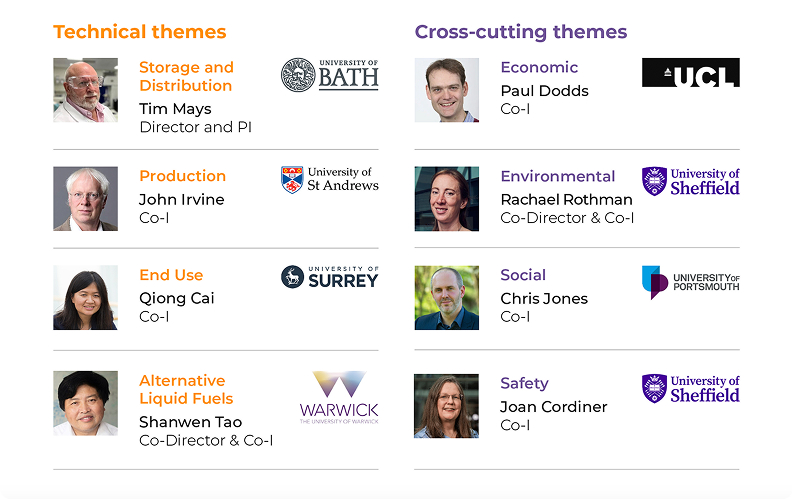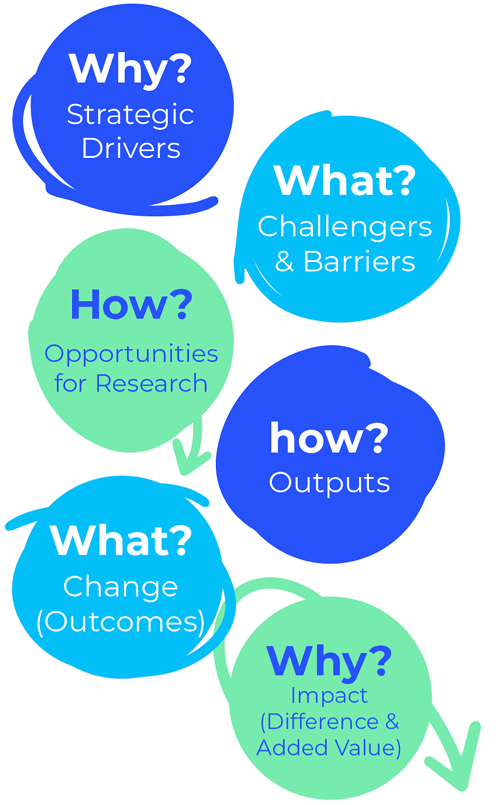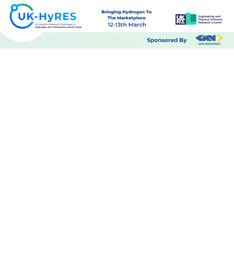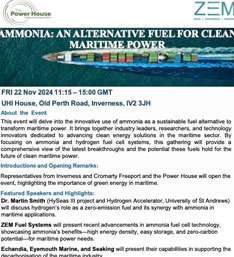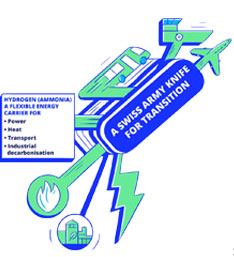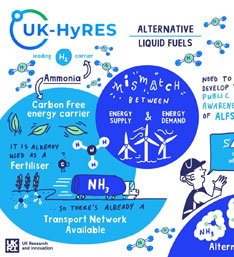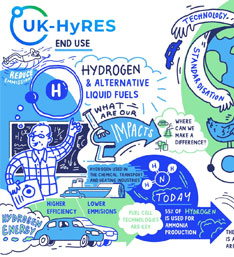Theory of Change
Implemented Through Accessible, Facilitated Workshops with Direction from Special Advisers
Hydrogen and hydrogen-based, low-carbon liquid fuels, such as ammonia, are essential for the UK to reach net zero greenhouse gases by 2050. Hydrogen production will be doubled to accommodate the UK’s newly announced energy strategy.
Initial Engineering and Physical Sciences Research Council (EPSRC) funding for the project totalled over £400k, with a further 5 month funded project extension. The other co-ordinator project exploring better systems integration of these fuels was headed up at Newcastle University by Professor Sara Walker.
This second project, Hydrogen Integration for Accelerated Energy Transitions (HI-ACT), worked to coordinate a fundamental shift in critical lifecycle analysis for optimisation of operational and planning decision support for the integration of hydrogen and alternative fuels into the UK energy landscape.
There was good engagement from industry, with high-profile project partners including ITM Power, Health and Safety Executive, Jaguar Land Rover, GKN Aerospace, Wales and West Utilities, Siemens Energy and the Scottish Hydrogen and Fuel Cell Association.
Outputs
UK-HyRES is engaging nationally with academic, industrial and policy stakeholders to discuss and identify research challenges the solutions to which will accelerate the deployment of sustainable H&ALF technologies to help the country achieve its legally binding net zero carbon emissions target by 2050 and hence contribute to mitigating disastrous global heating.

